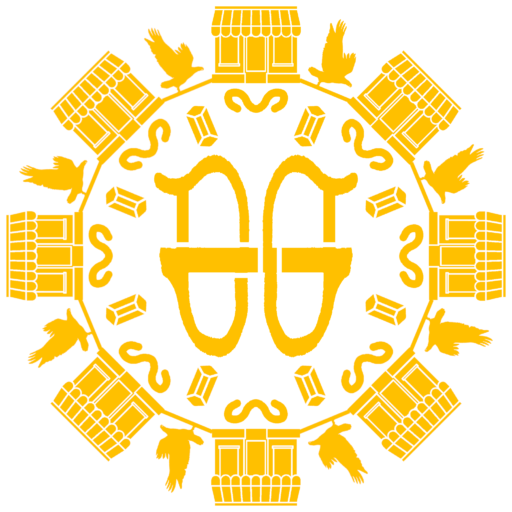Synopsis
This is simply a guide to buying and then selling a domain.
Satish Gaire
Gaire has been selling domains for decades now and has owned 7000+ domains throughout his career. He started with his first domain back when the internet started becoming used more and more.
Themes
There are plenty of extensions that are diverse, since they pertain to a location, such as .us or .co. However, the most common one is .com, which can be used for any website and is encouraged to be a part of any domain to be purchased, since they sell easier. There are certain extensions such as .net, which is more for information technology, while .edu is for educational purposes. He mentions a growing popularity of the .io extension, since it is not confined to any particular location outside of the British Indian Ocean. However, Gaire then says that the .io is used by realtors or other professionals out of last-minute assemblage.
There are plenty of ways to make money off a domain. Gaire notes how there is the method of selling it to a buyer directly, but there is also auctions such as the one on GoDaddy. There is also the possibility of keeping that domain, but building a website within circumference of it and putting AdSense on it. There is also affiliate marketing, which includes Amazon links.
He does make it clear that domain repurposing does not guarantee an easy living, especially if you are in no position to wait for the domain to develop value overtime. If you are not careful, then a sale of a domain could only buy you a cup of coffee, as he forewarned.
He also makes precautions throughout the book, such as not linking your own personal blog to the purchased domain, since Google will spot this as a black hat technique. The .edu extensions, as well as others such as .mil and .gov, are used for specific websites and are to be avoided, lest it cause confusion. They only apply to websites that are used by the military, the government, or a university.
He also mentions that certain domains can exist for particular niches or careers. He mentions realtors, for instance. He goes so far as to engage in negotiation with realtors who do not have a website of their own, because if they get removed from their realtor\’s website, they would not be able to get on their feet, especially when their sales are reliant on the sales they make.
Negotiation becomes a theme when it comes to the selling process of the domain, if you do not choose to go into the domain auction. He emphasizes that negotiating a beneficial price means not haggling down, rather up. If it involves using the buyer\’s words against them, then so be it. However, he never encourages you to be aggressive or combative, since it would result in no sale being made.
Intertextuality
Considering how money is to be made with domains, it is particularly reminiscent of how Elon Musk got his first million dollars by helping to create PayPal. This happened when Musk was in California during his first years outside of South Africa, where he learned programming and game design.
Christian Madsbjerg notes how the algorithm in the internet has contributed to the question as to whether a liberal arts major is worth it. He argued that it does, because algorithms are determined by human factors, which include seeking information. In the case of this book, it is definitely the case that knowing niches is very important and affiliate marketing is one way of appealing to that human factor behind domain-flipping. This human factor especially applies to the negotiation part.
Writing Style
Gaire writes in a very short, casual manner. He even stated that he wants to cut through the shortcuts and get to the point. So, his writing is very direct about his advice.
He also made a point about how domain-flipping is similar to house-flipping within the realm of real estate. It involves long-term strategy in order to profit, and it involves a piece of property. While a house is physical property, a domain is digital property.
He provides links to many websites, either to check to see if the domain is worth buying or where the transaction between the buyer and the seller can be completed without complications.
Real-World Application
Although he posted a link to the site of this book, I clicked it and it told me that the account was suspended, which was bit of a red flag. Though, he does have his author\’s website still active.
I would suggest being cautious with this book, since there is no guarantee that you won\’t be able to sell domains without coming across some form of transgression. I would suggest checking the Terms of Services of every site Gaire mentions throughout the book since they may have some differences among each other.
Gaire notes how the Wild West of the internet, from which domain-flipping originates from, will continue to become hectic. So, he does advise that there is the long-term investment involved in any domain.
Recommend This To…
- Only those who want to try their hand at domain-flipping, because this is not a comprehensive book, but it will help you get started.
Sources:
- Gaire, Satish. Domain Millionaire: Full-Time Income Selling Domain Names. Satish Gaire. 2020.
- Madsbjerg, Christian. Sensemaking: The Power of the Humanities in the Age of Algorithm. Hachette. 2017.
- Vance, Ashlee. Elon Musk: Tesla, SpaceX, and the Quest for a Fantastic Future. HarperCollins. 2015.
